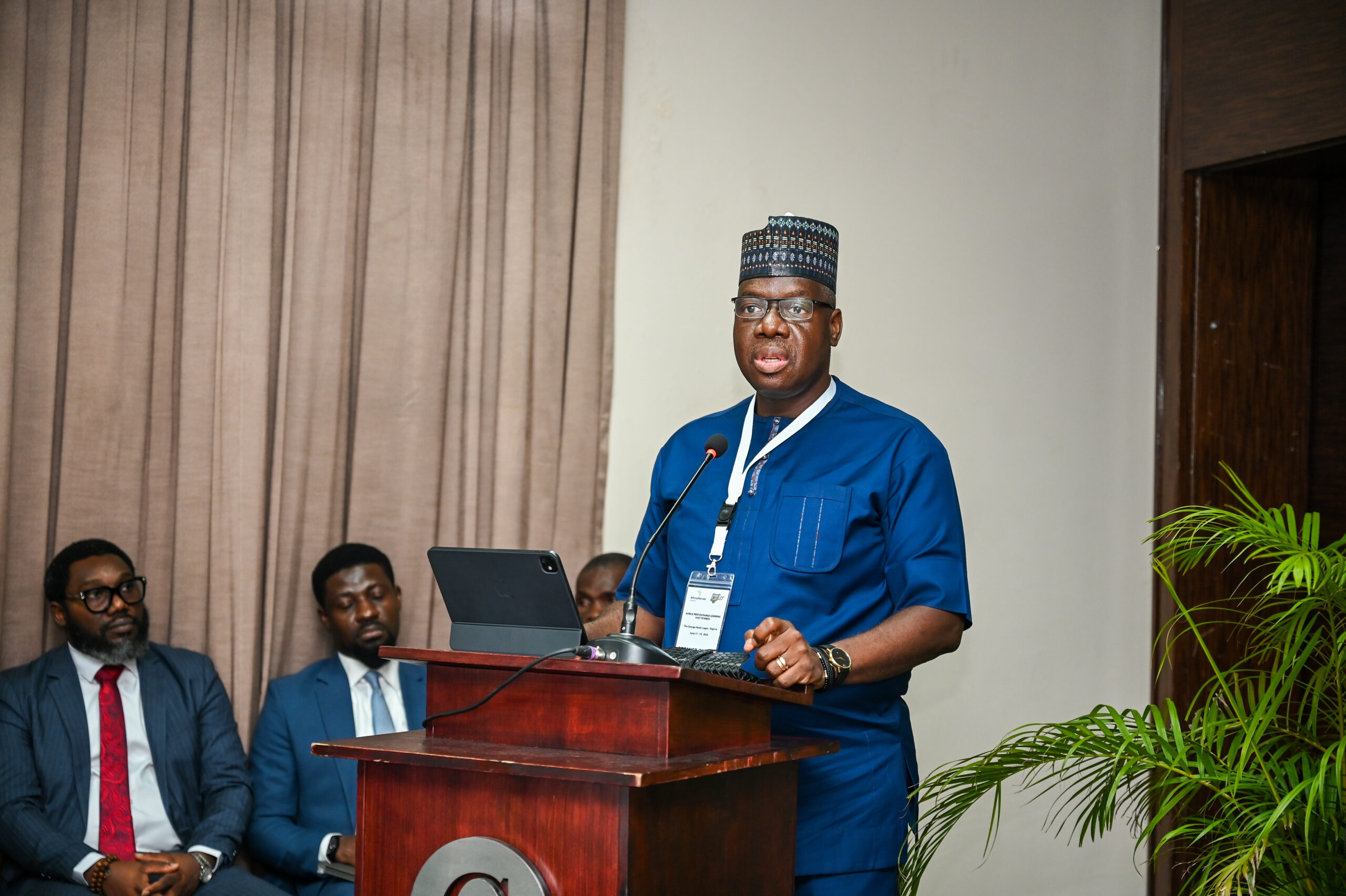Travellers avoid trips to Japan over viral comic book's quake prediction
Holiday bookings to Japan from key Asian markets have plunged ahead of the busy summer season. The cause: rumours of an impending earthquake prophesied in a manga graphic novel.
Social media and viral posts have unsettled travellers and renewed attention to manga artist Ryo Tatsuki’s prediction of a huge earthquake that would inundate Japan with tsunami waves. Tatsuki, whom some claim predicted Japan’s 2011 earthquake, gives July 2025 as the date of the impending event in a graphic novel that was first published back in 1999.
The manga was republished in 2021 with additional content and the quake speculation has been given new life on social media recently, with YouTube videos and Facebook posts that warn people about travelling to Japan attracting millions of views.
Though scientists say the exact timing of earthquakes cannot be predicted, airline bookings from Taiwan, South Korea and Hong Kong have dropped since April – with bookings from the latter plunging by an average of 50 per cent versus a year ago, according to a Bloomberg Intelligence analysis of ForwardKeys data. Weekly arrival bookings for late June to early July from the Asian financial hub have also nosedived by as much as 83 per cent.
Greater Bay Airlines and Hong Kong Airlines have both scaled back some flights to Japan in May as officials implore the public not to give stock to the rumours.
Mr Yoshihiro Murai, the governor of Miyagi prefecture, said in April that the rumours were starting to affect tourism and asked people to not take the speculation seriously. Japan’s Meteorological Agency’s website reminded people that current science cannot predict tremors with any high accuracy.
Japan’s location in the so-called Ring of Fire, a region of heightened tectonic activity encircling the Pacific Ocean, makes it one of the world’s most earthquake-prone countries. The country’s last major earthquake was in 2011, which caused a devastating tsunami and nuclear disaster in Fukushima.
Even so, overall tourism to Japan remains buoyant. In April, Japan recorded a record-breaking 3.9 million foreign visitors, lured by the cheap yen.
“The quake speculations are definitely having a negative impact on Japan tourism and it will slow the boom temporarily,” said Mr Eric Zhu, Bloomberg Intelligence’s analyst for aviation and defence. “Travellers are taking a risk-averse approach given the plethora of other short-haul options in the region.”
He expects more airlines to feel some pain over the next few months based on current booking patterns and anticipated flight loads.
Cathay Pacific Airways may be particularly at risk given its high exposure to the Japanese tourism market. The group, which includes Hong Kong Express, is planning to devote nearly a fifth of its scheduled seats to Japan until end-autumn, making it the largest international market for the airlines, Mr Zhu said in a note.
Tatsuki’s work – The Future I Saw – is based on a dream in which a tsunami inundates the Japanese archipelago and impacts Hong Kong, Taiwan and the Philippines. The rumours have also been fuelled by a prominent Hong Kong fengshui master who doles out predictions to a large online following and urged holiday seekers to avoid Japan.
Others have seized on a February report by a Japanese government earthquake task force that has long monitored seismic activity along the Nankai Trough and has raised the risk of a mega earthquake that could trigger 30m tsunamis within the next 30 years to around 80 per cent.
For her part, Tatsuki, now retired and still living in Japan, said the high level of interest reflects the growing awareness of disaster preparedness.
“I myself would like to take precautions such as stockpiling supplies in preparation for disasters and confirming evacuation routes when going out,” she said in a statement to Bloomberg. “I intend to remain vigilant on a daily basis as we approach July 2025.” BLOOMBERG
Join ST's Telegram channel and get the latest breaking news delivered to you.











